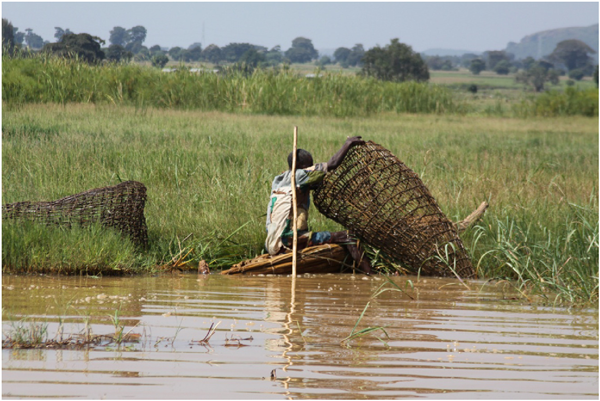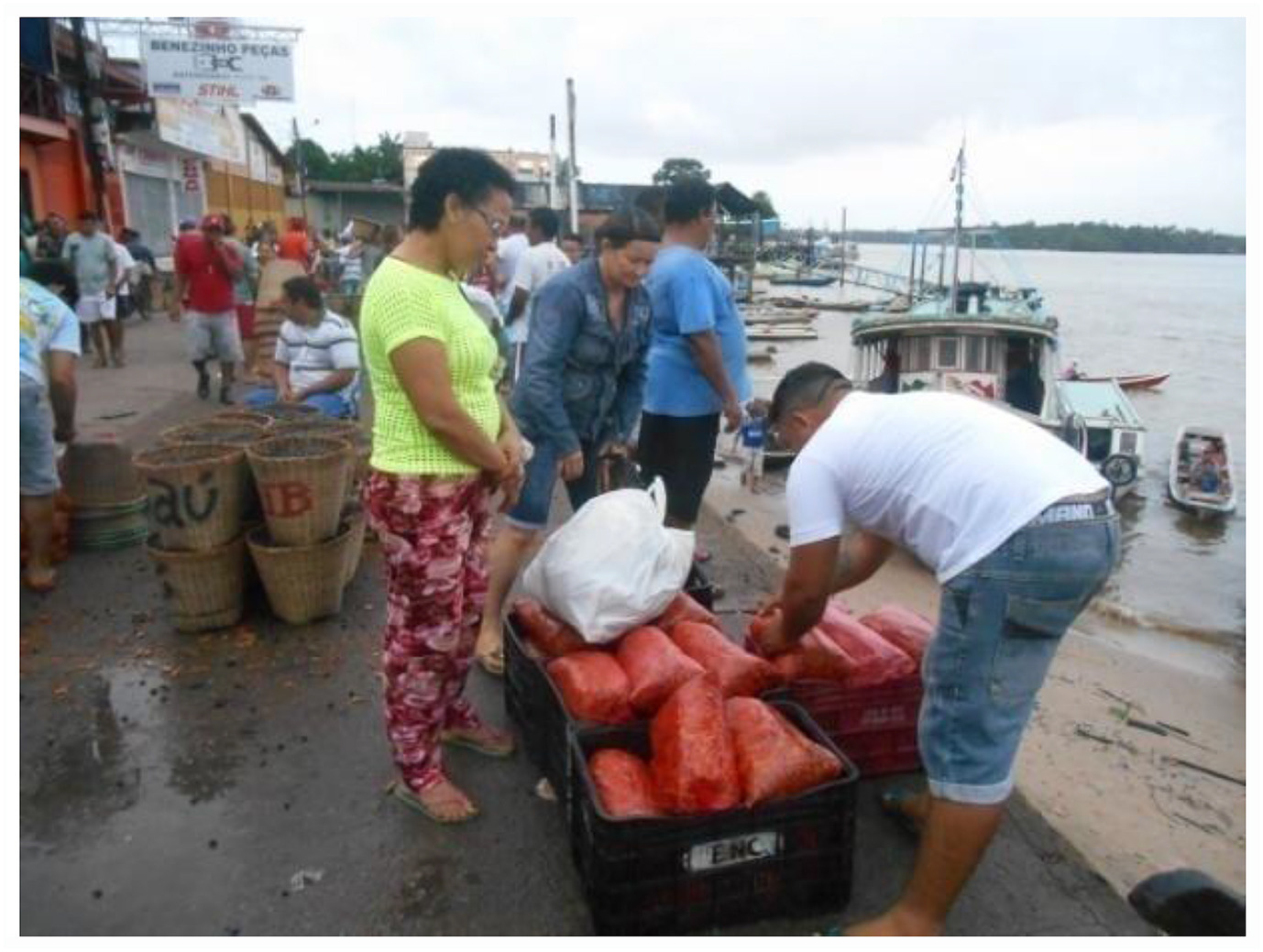Ecohydrology and Hydrobiology, Volume 18, April 2018
Although wetlands are known to provide vital ecosystem services, the current state of wetlands in Ethiopia in terms of their ecosystem service components remains poorly understood. Wetlands located in the UNESCO Lake Tana Biosphere Reserve have been highly degraded, but possess highly valuable resources. Therefore, this study sought to assess the major ecological states and identify the main ecosystem services (ESs), along with local people's perceptions of wetland management. Nine wetlands were selected from pristine/reference, agricultural and urban land uses of the Lake Tana area.
Sustainable Materials and Technologies, Volume 15, April 2018
Use phase fuel consumption is responsible for the majority of an automobile's life cycle energy consumption and greenhouse gas (GHG) emissions. Lightweighting is an important strategy to reduce use phase fuel consumption and potentially reduce vehicle life cycle impacts. A popular lightweighting technique is material substitution, in which conventional materials (e.g., iron, steel) are replaced with lighter ones (e.g., aluminum, magnesium). Material substitution, however, often results in higher material production impacts.


